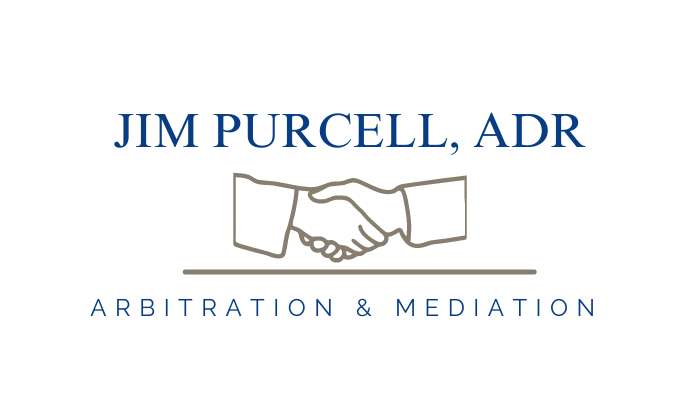The problem: Healthcare attorneys represent a range of healthcare participants, including physicians, hospitals, pharma companies, labs, medical equipment suppliers, and insurers. They’re often interdependent and, in all but the largest markets, must do business with each other. When participants (most often insurers and hospital systems) have serious disputes, ADR provides undeniable advantages in their resolution. For a practitioner not to consider ADR and not to advise their clients regarding the benefits of ADR borders on incompetence.
Here’s why.
In today’s healthcare market, distrust and emotions run high. Much money is at stake which creates a volatile situation with major disputes and challenges. Despite our best efforts, ambiguities abound during negotiation and operation as of complex healthcare contracts. These issues can arise either under existing contracts or while negotiating new ones.
How can you, as an experienced and thoughtful healthcare attorney, advise your client under such circumstances?
Issue No. 1: ADR is preferable to litigation for resolving healthcare disputes
Counsel must take into account that there is usually a continuing relationship between disputants that MUST be maintained notwithstanding the dispute. This necessitates that disputes must be resolved in a way that does not destroy the business relationship.
Litigation does not foster that type of resolution. To the contrary, it is confrontational, public, lengthy, and very expensive. Drawn out disputes are toxic to ongoing relationships. Media exploitation damages relationships even more. And patients often are caught in the middle, regulators get cranky, and politicians get involved.
ADR is a less confrontational, more informal way of resolving disputes quickly and less expensively, and expertly.
Issue No. 2: Confidentiality is important in resolving healthcare disputes
Despite the call for more transparency around healthcare costs/charges, healthcare system participants do not want their costs and charges made public. This means that confidentiality of the existence of a dispute, the underlying facts, or how it is resolved, is critically important.
For example, dominant insurers in state hospital system contracts do not want individual hospitals knowing that they are paid less than another hospital. Similarly, hospitals do not want one insurer knowing that the hospital negotiated lower fees with another insurer. If prices were made totally public, all hospitals would negotiate up to the highest amount, or insurers to the lowest.
To some extent in the existing healthcare system, confidentiality keeps costs down. ADR keeps disputes and their resolution confidential.
Issue No. 3: What does subject matter expertise have to do with it?
Today’s healthcare interactions and financing are extraordinarily complex. You need someone who truly understands healthcare to resolve disputes quickly and fairly. Unfortunately, people without significant healthcare experience struggle to understand the interplays and nuances that are so important in healthcare financing.
In litigation, parties are assigned a judge who most likely has no such experience. To the contrary, in ADR, you and opposing counsel get to vet and pick your ADR practitioner. This is a strong point when your client asks you why you want to use ADR rather than the default of going to court.
I invite you to comment, challenge, add, or say whatever you please. Good interplay amongst healthcare practitioners is welcome.

